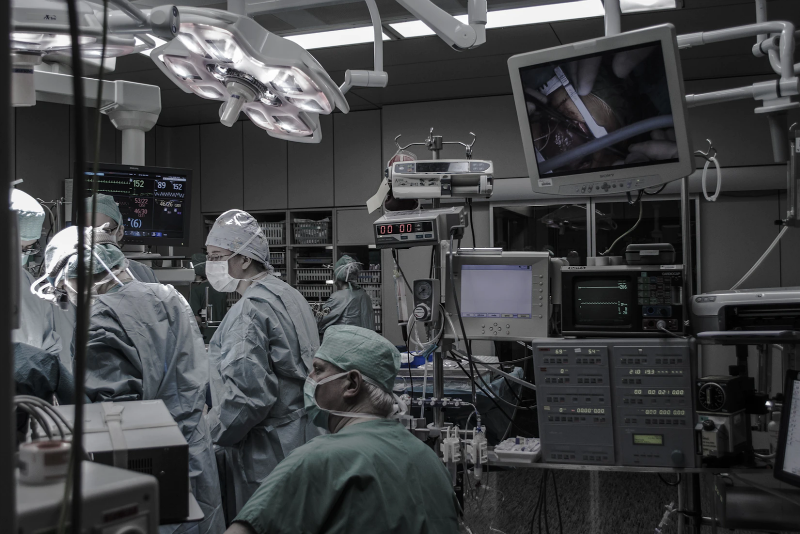
The year 2019 is nearing its end, so there are plenty of posts digging into 2020 trends in multiple industries. Healthcare is not an exception here. However, in this piece, I'd like to discuss the most significant innovations in healthcare that are happening right now (all with real-life examples). Let's go!
3D Modelling that helps to train surgeons
Surgery operations can be very long and complicated. Also, the longer the patient remains on the surgery table, the more significant risks are. Any tool that allows shrinking the time of the operation increases the odds of overall success.

So, there are hospitals, like Boston Children's Hospital, which use 3D operating models to prepare surgeons for the particular case they will be taking care of before stepping into the operating room. 3D printing technology is used to create models of a specific patient's organs. This allows running the pre-surgery training and provides the room for experiments with new surgery methods with no risks.
Mobile tech to connect parents with their newborns
Sometimes, babies and newborns can't go home with their parents right away. Tons of medical conditions require a baby staying in a NICU (Neonatal intensive care unit) for some time, while their parents leave the hospital. This is very stressful for parents, so some hospitals are working towards minimizing this adverse effect.
For example, best hospitals in Chicago, including the University of Chicago and the Ann & Robert H. Lurie Children's Hospital of Chicago have implemented the specialized PreeMe+You app that allows parents to be in contact with their child in NICU.

The app displays all essential parameters, track the baby's progress, so parents can know for sure that everything is okay.
Virtual reality helps the patients go through a surgery
Having a scheduled surgery, childbirth, or other similar situations can be psychologically tough for patients. Happily, there is a technology developed by a VRHealth startup that allows using virtual reality to bring relief during medical procedures (its partner is Oculus).

The patient gets VR glasses to wear during medical procedures that can be psychologically hard or painful. This allows minimizing the stress. When the patient is more relaxed, it is easier for healthcare providers to safely perform the needed procedure.
Predictive analytics for optimized operating rooms usage
Operating rooms management is a huge problem for hospitals. There is always a lot of patients who need to be treated, so any slowdown in the surgery process can both be dangerous and increase delays. As a result, fewer operations can be made in a given time frame.
There is a lot of research and experiments aimed at solving these tasks. For example, The University of Chicago Medical Center, uses predictive analytics that allows streamlining and optimize the operating rooms' usage.

The real-time data and AI-powered algorithms allow improving business processes and communication to more effectively moving supplies and managing the schedule. As a result, the hospital can decrease the turnover by 20% and save up to $600,000 yearly. Of course, patients and doctors like when there are no bottlenecks, and the healthcare service becomes faster.
What other important tech innovations that are in real use right now do you know? Share in the comments!








